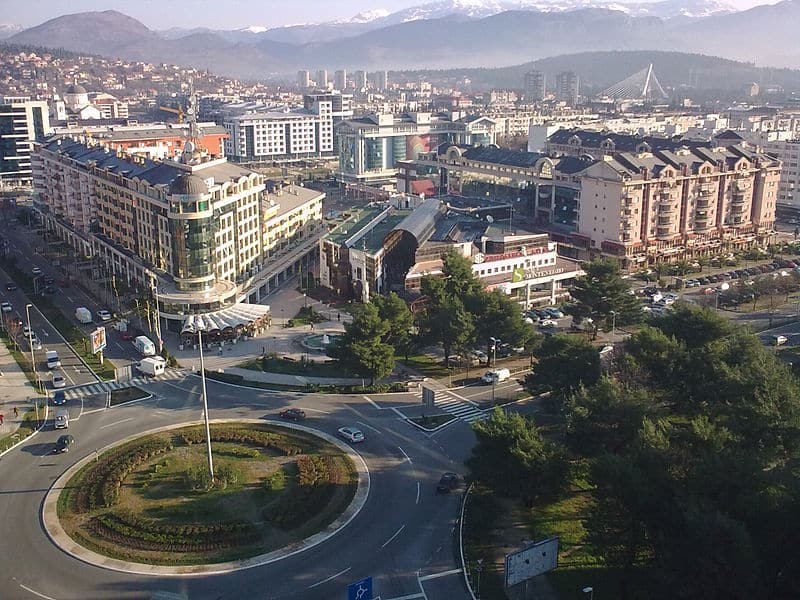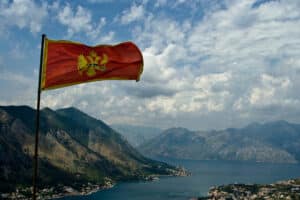On the 7th of April NGOs and citizens groups organized a protest in the capital Podgorica against the recent wave of mafia-like violence in the country. Under the slogan “A life without fear” the organizers hoped that politicians would pay more attention to the string of assassination, shootings and car bombings that have plagued the nation in the last months. Protesters argued that Montenegro needs its own version of the massive police operation carried out in Serbia immediately after the assassination of Prime Minister Zoran Djindjic in 2003. The public outcry against the violence came just days before the presidential elections on April 15th. Presidential candidate and veteran leader (six times prime minister and former president), Milo Đukanović, has taken on a hard stance against organized crime. ‘’The most important task of the new government would now be to consolidate the sense of security and safety.’’ Making the recent criminal wave an important topic in the election campaign.
Organized crime
Since January seven bomb attacks and several shooting took place, most of them originating from a gang war that erupted in the coastal city of Kotor in late 2017.
For a long time the Montenegrin authorities have been relatively silent over the criminal activities. Critics of Đukanović (Democratic Party of Socialists, DPS) refer to a direct link between the government and organized crime. According to the crime monitoring NGO’s, Đukanović’s government tolerated and cooperated with organized crime actors in the 1990’s during international sanctions on Yugoslavia to bolster the Montenegrin economy during the wars. In 2009 Đukanović himself was indicted by an Italian prosecutor for smuggling, only to use his diplomatic immunity to drop the case.
During the most recent wave the government remained silent in the beginning. Prime Minister Duško Marković insisted in recent months that the security situation in the country was satisfactory. The tone changed after a National Security Council meeting on the 1st of April, which was called because of the raging gang wars on the streets of the capital. The council stated that the “security situation has worsened as a result of the growing conflicts of organized criminal groups.” The recent change of tone by both the government and Đukanović’s i likely related to the upcoming presidential elections and the public outcry.
Campaign
Đukanović denounced the wave during an campaign event: ‘’The most important task of the new government would now be to consolidate the sense of security and safety.’’ In recent years the veteran leader has built up an image of an anti-corruption crusader despite his dubious past. The presidential candidate has good reasons to turn against the organized crime in the country as under his leadership Montenegro set out the path towards EU membership, currently negotiation EU accession The main challenge in these negotiations are chapter 23 and 24 on rule of law and fundamental rights.
Polls suggest Đukanović will win a majority of votes in the first round of the presidential elections. His main challngers is an ‘independent’ candidate of the opposition Democratic Front, Civic Movement URA and the Democrats Mladen Bojanić who is polling at 15%. Social Democratic Party (SDP) has put forward MP Draginja Vuksanović as their candididate, first women presidential candidate in Montenegro.
Sources: Balkan Insight I Balkan Insight II CDM OCCRP



